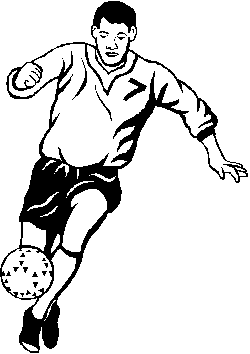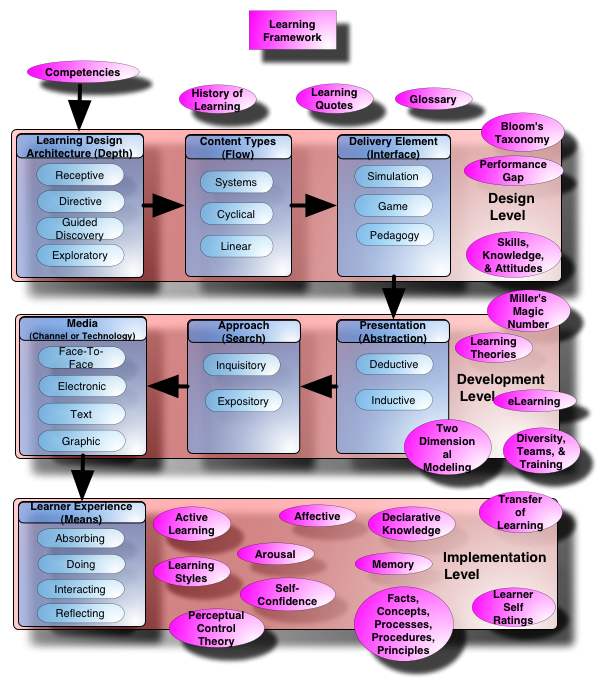Note: This site is moving to KnowledgeJump.com. Please reset your bookmark.
Learning and Self-confidence

Psychological superiority alone could explain why Australia has won every rugby league World Cup since 1975. Researchers suspect that psychological differences could be solely responsible for Australia's success. They found that the players who had learned to play rugby in Australia had the highest levels of self-confidence. And this alone could explain Australia's continuing domination of the sport. It seems as if the Australian team is convinced they are going to win whenever they step onto the field. (Emma Young, 2001)
Coaching Through Results and Processes
Good coaching uses the correct dose of both results (expectation to win) and processes (obtaining skills and knowledge through training in order to win). This relates to organizational training and coaching — trainers expect the learners to obtain the objectives (results) at the end of the training session (process).
We can equate "results" to "arousal" in many training situations, that is — achieving success through results and then expounding upon it. The type of session determines the amount of arousal — too much makes it difficult to concentrate while too little provides no incentive to learn (win).
Note: process and results are equally important, it is just a matter of knowing the correct amount to inject into various training, coaching, or facilitation sessions.
If Learners Expect to Fail, They Fail
Note that in winning, there is a positive feedback loop at work, with winning leading to higher confidence. Self-confidence, in turn, can be boosted through role playing situations, where players are asked to imagine certain successful situations (winning, not losing).
In training, we can use the same technique, or something similar, such as the learners obtaining a number of small victories (enabling learning objectives), this in turn leads them to being able to perform the more difficult task (terminal learning objective).
Situational Leadership
We should not de-emphasizing results, but instead, as the Australia rugby team shows, the results needs to be accentuated on the correct scale and time frame within the process. This is probably one of the harder parts of training — knowing when to emphasize results over the process.
Situational leadership can be applied to training as it shows the two continuums of directing [the process] and supporting (achieving results or arousal) used in a supervision context:
- Directing - Provide a lot of direction (learner does not know how to perform) and a small amount of arousal (you do not want to overload learner).
- Coaching - Decrease direction (so that learner can learn through trial & error) and increase arousal (needs emotional support due to some failure).
- Supporting - Decrease direction even more (so that learner can become self-supporting) and decrease arousal.
- Delegating - Provide direction and arousal on an as-needed basis.
However, it does over-simplify the supervision/training process somewhat. Most two dimensional models do this, they simplify the subject in order to provide a solid framework to work from.
Reference
Young, E. (2001). Mind game. New Scientist. Retrieved June 2, 2001 from http://www.newscientist.com/article/dn573-mind-game.html


